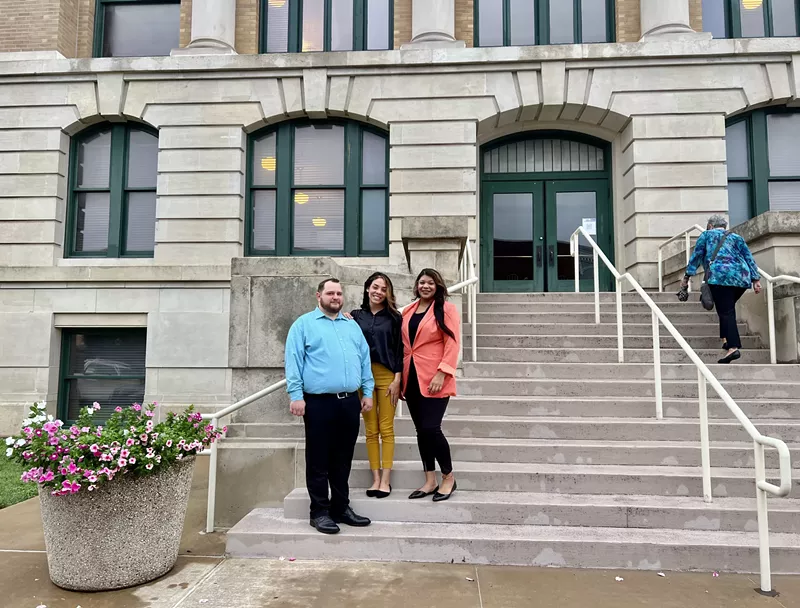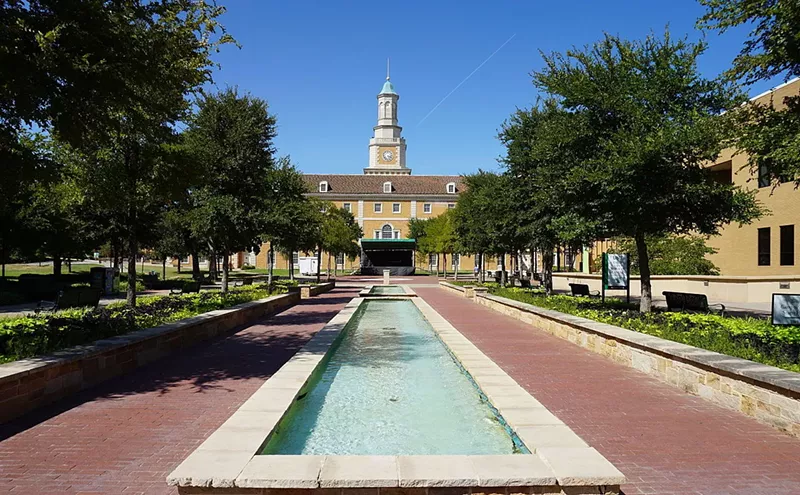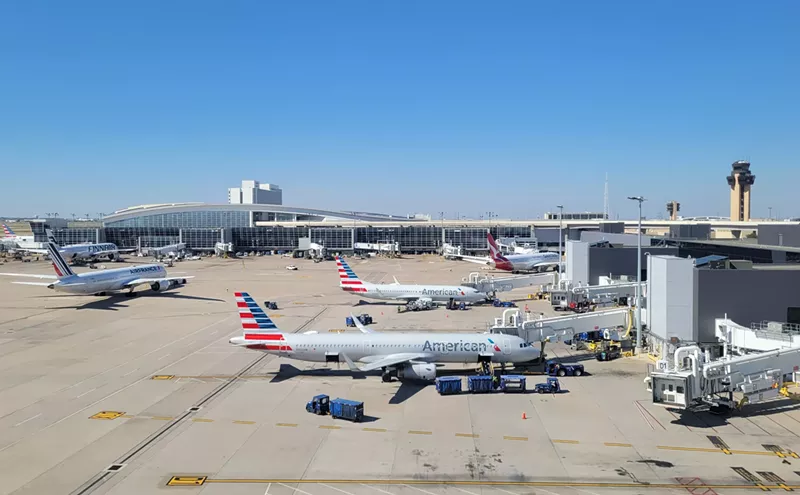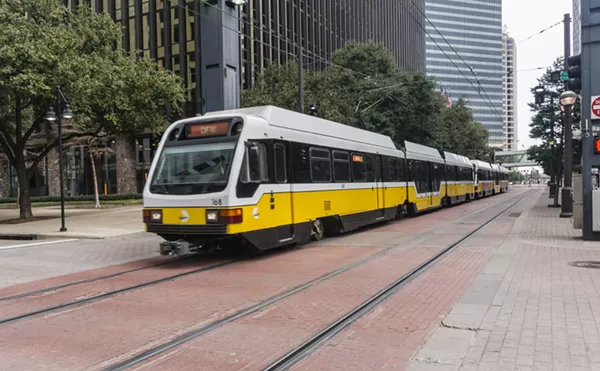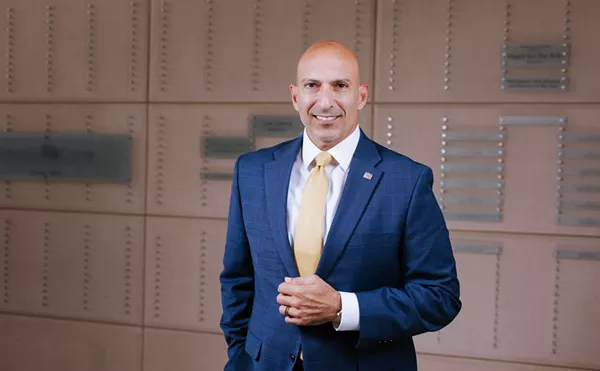Original:
Dressed in a blue button-down, Justin Thompson arrived early for his trial on Tuesday at the courthouse in deep-red Cooke County. Even though he felt “pretty confident” about the case, he also knew he’d ticked off some of Gainesville's top brass.
Thompson and two other activists from the grassroots group PRO Gainesville were arrested in 2020 following a protest for the removal of a Confederate monument. The tall statue still stands on the courthouse lawn in Gainesville, a town of some 17,500 people roughly 70 miles north of Dallas.
During the peaceful march on Aug. 30, 2020, a large puddle on the sidewalk forced demonstrators to step into the road, Thompson said. Officers were even with them at the time and allowed them to finish their route.
But days later, the Gainesville Police Department had apparently changed its tune and arrested Thompson and two others for “obstructing a highway or other passageway.” The class B misdemeanor is punishable by up to 180 days in jail and a fine of up to $2,000.
Thompson argues that it’s a clear-cut case of local leaders trying to stifle free speech.
“[I’m] a little surprised that the county is going to the extremes they are to prosecute us,” he said, adding that 16 people, including two journalists, have been subpoenaed.
In addition to Thompson, Torrey Henderson and Amara Ridge also face up to six months behind bars.
PRO Gainesville’s profile was raised in summer 2020 amid widespread protests for social justice following George Floyd's killing at the hands of Minneapolis police. It was one of countless groups nationwide that called for the removal of Confederate statues.
Attorney Alison Grinter Allen, who’s representing the three activists, described the day’s demonstration as the “most adorable, polite protest I’ve ever seen.”
“The administration of justice in Cooke County has been surprising to me,” she said later. “So, I would say that we're hoping for the best and prepared for the worst.”
Gainesville Police Chief Kevin Phillips declined to comment until the trial is over. But he told the Observer last year that officers repeatedly urged protesters to get off the road, yet they refused.
Phillips also previously claimed that police didn’t arrest activists during the march because of a lack of law enforcement resources.
But Thompson notes that after the protest, he approached officers with the city and other departments. He claimed they told him they appreciated the way that the protesters had conducted themselves.“I'm putting a lot of faith in the jury system and the system that the courts have.” – Justin Thompson, PRO Gainesville
tweet this
“I shook all their hands that night, and they said it was a great protest,” he said. “They thanked us for how peaceful it was.”
Law enforcement even walked alongside the demonstrators as they avoided stepping into the puddle in question, Thompson added. So three days later, he was taken aback when he learned that warrants had been issued for their arrests.
Gainesville’s history is pockmarked by events that many in town would like to forget.
In 1862, advocates for the Confederacy hanged dozens of suspected Unionists. And roughly a century ago, Gainesville’s streets were packed with parading Ku Klux Klan members, who were joined by a crowd that some estimate included up to 20,000 people.
The PRO Gainesville trial is expected to wrap up sometime this week, and Thompson is hoping for a favorable verdict. “I'm putting a lot of faith in the jury system and the system that the courts have,” he said. “Although it's failed Americans in many ways, I'm just trying to hold steadfast in the faith that it's going to work here.”

